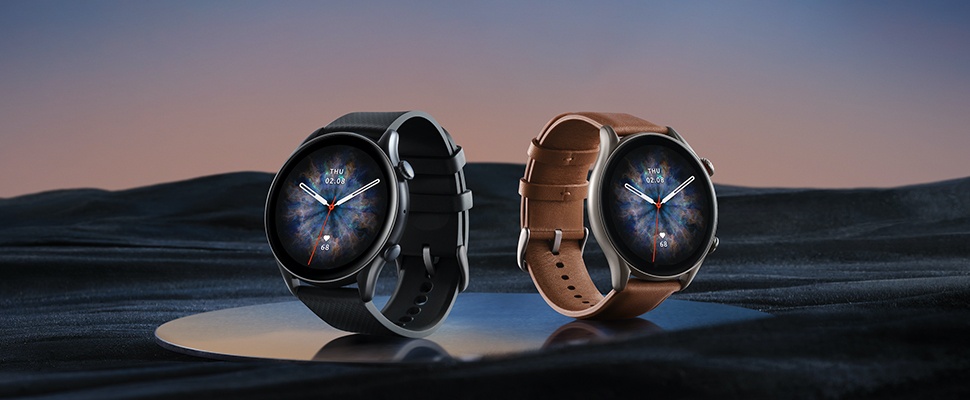The connected watches are part of the daily life of many athletes who use it as a training companion. Number of steps, energy expenditure, number of steps taken, distance covered, quality of sleep … The functionalities of these activity trackers are multiplying as the market for connected coaches flourishes. But are these tools really up to date? Some might wonder then that the heart rate data for watches from manufacturer Fitbit is not really accurate.
Supposed to measure your pulse in real time, the sensors would have a margin of error of 23 beats per minute compared to an electrocardiogram measurement taken at the doctor’s office. This observed difference in beats could be dangerous by underestimating the heart rate in the case of intensive activity. This biased measurement could expose frail individuals to risk of heart attack.
Suspicion of false advertising
The study carried out by the Lieff Cabraser law firmobtained these results after measuring the heart rate of the Fitbit Surge and Fitbit Charge HR on 43 users. The data was compared with that of an electrocardiogram.
This denunciation is intended to alert the general public to the possible “gadget” nature of certain functions of connected watches. Last January, three plaintiffs from three American states (California, Colorado and Wisconsin) filed a complaint in the United States against the manufacturer Fitbit for false advertising and endangering the lives of others.
>> To read also:
A label to evaluate health applications
Apple Watch could cause trypophobia attacks, fear of holes















